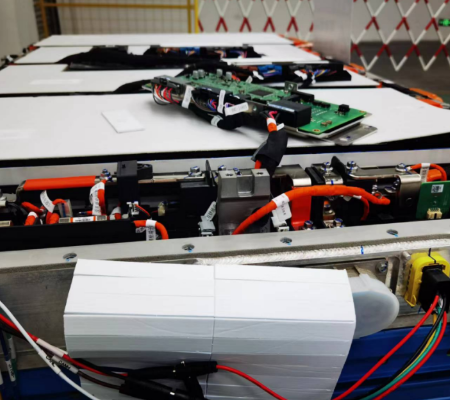As the core energy component of electric vehicles and various portable electronic devices, lithium batteries have become the first choice for modern energy solutions due to their high energy density, lightweight characteristics and good charging performance.However, the delicate nature of lithium batteries also places higher safety and performance requirements on their use. This is why the Battery Management System (BMS) has become a key technology to ensure the safety, efficiency and life of lithium batteries.
一.The necessity of security requirements
The safety risks of lithium batteries are mainly reflected in three aspects: overcharge, over-discharge and overheating.In an overcharged state, metallic lithium may be produced inside the lithium battery, increasing the risk of thermal runaway, which may cause the battery to rupture or even explode.On the contrary, excessive discharge may cause irreversible damage to the battery's internal structure, thereby permanently reducing the battery's capacity and service life.In addition, when lithium batteries operate in high-temperature environments, their chemical reactions accelerate, further exacerbating the risk of thermal runaway.Therefore, BMS monitors the voltage, current and temperature of the battery in real time and strictly controls the charging and discharging process to effectively prevent these risks and ensure the safe use of lithium batteries.

二. Diversity of functional requirement
1. Real-time monitoring of SOC
2. Balanced management
There are inevitable inconsistencies between battery cells in lithium battery packs. This inconsistency increases as the battery usage time increases, ultimately affecting the performance and life of the entire battery pack.By implementing a dynamic balancing strategy, BMS makes timely adjustments to the individual cells in the battery pack to maintain voltage consistency between cells, thereby improving the overall performance of the battery pack and extending its service life.

The optimal operating temperature range of lithium-ion batteries is 25°C to 40°C.
To sum up, the reason why lithium batteries require BMS is because BMS can not only effectively prevent and reduce the safety risks that may occur during the use of lithium batteries, but also optimize the working performance of the battery and extend the service life of the battery through refined management.